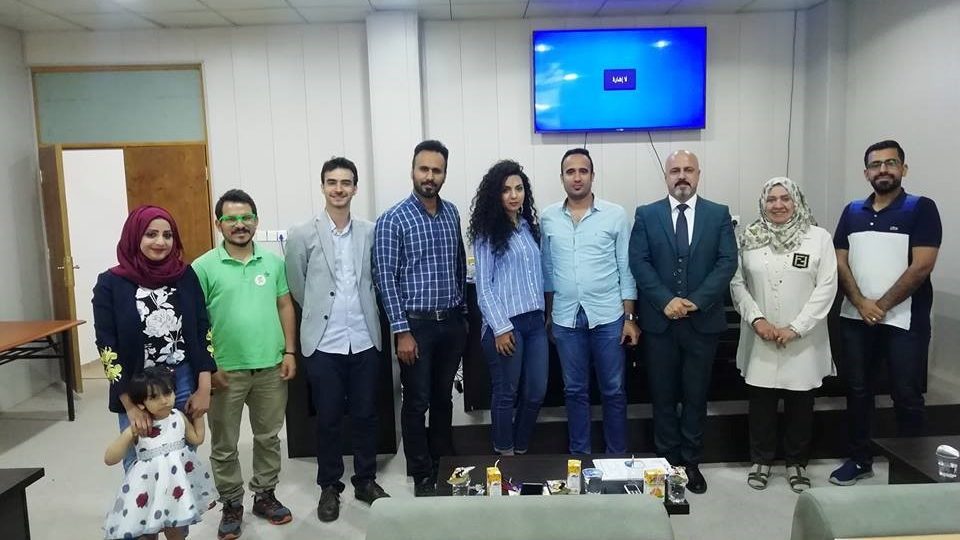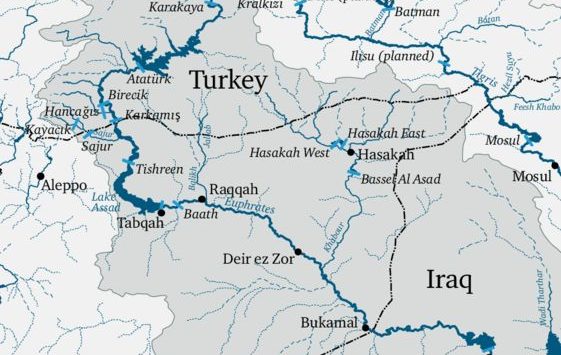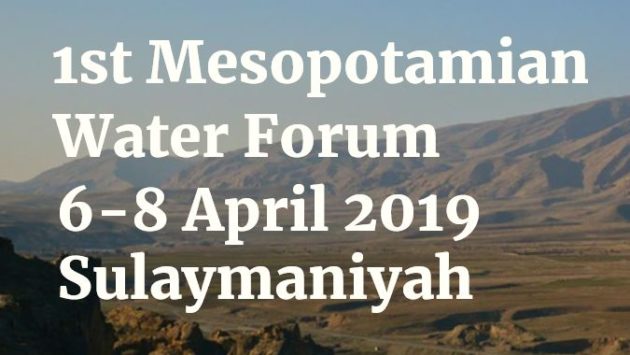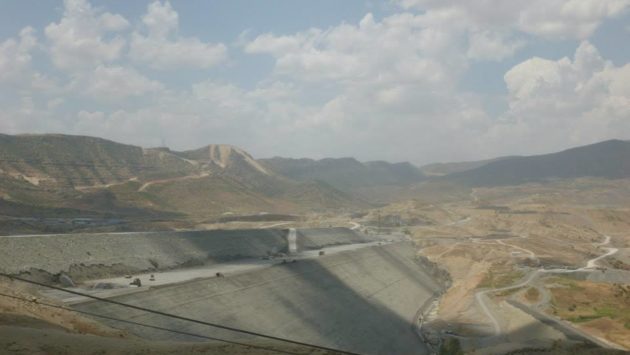“The Reality of Water Security and Sustainability” A Seminar Organized by Humat Dijlah and the College of the Origins of Religion
The Humat Dijlah Association (of the Iraqi Social Forum) collaborated with the College of the Origins of Religion to organize a seminar, “The Reality of Water Security and Sustainability,” held on 27 April 2019. It offered an important opportunity for a group of civil society activists and academics to discuss the current environmental challenges facing the region.


Professor Nabil Abdel-Fattah, Dean of the College of the Origins of Religion, opened the seminar by welcoming people and praising the efforts of Humat Dijlah in the field of environmental advocacy. He expressed his university’s interest in this field, specifically from an academic and theoretical perspective, and stressed the importance of raising awareness about environmental dangers in the region related to water.

The seminar dealt with 3 key issues:
1.) Water security During the first session, Dr. Ibrahim Al-Sudani provided an introduction to water security and sustainability. He defined the meaning of food security and its relation to water, explaining the central factors upon which water security depends in different areas in Iraq. He next laid out the necessary steps to achieve water security (including, prevention, protection, detection, crisis management, retrieval), highlighting the challenges facing water security in Iraq. He concluded by talking about the 17 UN goals for sustainable development.

2.) The Role of Civil Society Salman Khairallah led the second session dedicated to understanding better how civil society might be most effective is addressing and helping to resolve Iraq’s water problems. He talked about the role of civil society organizations in protecting water security, sustainable development, and took the Humat Dijlah Association as a model. Salman pointed out the valuable contributions made by the association and its related campaigns, how the association contributes to civil society in achieving preservation related goals by helping the government ensure the conditions necessary to preserve sites that have been included in the World Heritage List.
3.) Challenges to water sustainability in the region The third session focused on water challenges, and was divided into two parts. Engineer Mohamed Abdulhassen spoke first about pollution and the environmental violations that affect the Tigris River in Baghdad. His conclusions were supported by an investigation conducted by Humat Dijlah on pollution in the Tigris River which identified the main contributors to river pollution: the City of Medicine and the Dora refinery. These two institutions, data suggests, pollute the river with chemical and organic waste, often without any preventive treatment.

The second part of this final session was presented by Ali Al-Karkhi who spoke about the challenges presented by big dams, and the general mismanagement of the water issue in Iraq. He cited the 2019 memorandum of understanding signed by Iraq and Turkey in the field of water. He cautioned attendees to be wary of this document as it is marred by ambiguous and unclear terms, and was presented only in English and Turkish; this dramatically limited access to its contents thereby preventing important critique and judgment by non-Turkish/English speakers.

The seminar concluded by thanking the staff of Humat Dijlah and the College for their cooperation, and for providing them with space and time necessary to discuss such an important issue.




